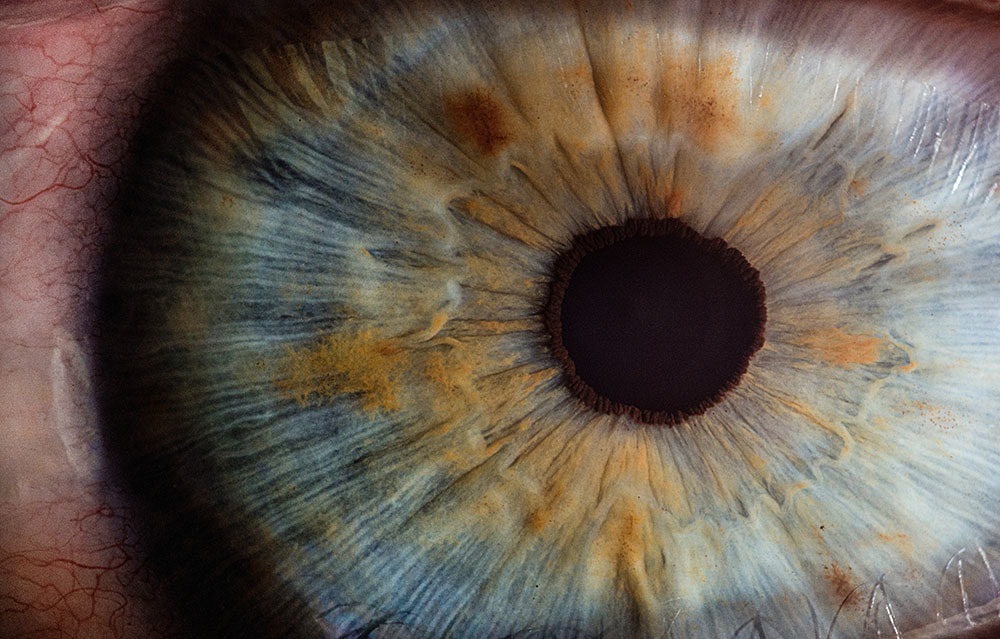Why Are Yearly Eye Exams Vital?While some people may think it’s either not necessary or safe to wait to see an eye doctor until they start to have vision problems, it’s important to know that certain eye diseases may not have symptoms at first. In the early stages of glaucoma and age-related macular degeneration (AMD), for example, signs of changes in the eyes are not typically noticeable. Unfortunately, in those cases, many people don’t realize they have a serious eye disease until their vision starts to change, unless they see an eye doctor who can detect the changes early on in the disease’s progression. According to the Centers for Disease Control and Prevention, only about half of the estimated 61 million people in the United States at high risk for eye diseases had an eye exam within the last year. Fortunately, as we indicated above, your eye doctor can detect many eye diseases before any noticeable symptoms are present. Early diagnosis through a routine, comprehensive eye exam and early treatment of eye conditions may prevent blindness or slow progression of eye disease. What Can You Expect During a Routine Eye Exam?A comprehensive eye exam is relatively simple. During an eye exam, your eye doctor will dilate your eyes, which helps to detect certain eye problems. For example, dilation of the eyes allows your doctor to examine your retina and check for conditions such as macular degeneration. Your eye movement, visual sharpness, and depth perception are also evaluated. Your eye doctor evaluates your pupils to see how they respond to light. Your side vision is also checked. A loss of side vision can indicate a problem, such as glaucoma. It’s also important to have your cornea, lens, and iris examined. Changes may be a sign of an eye condition, such as cataracts. The exam should also include the following:
When Should You have Your Eyes Checked?According to the American Academy of Ophthalmology, adults should have a comprehensive eye exam by age 40. A baseline eye exam at age 40 helps to diagnosis signs of eye diseases when they are at an early stage.
But there may also be instances when an eye exam should be performed before age 40. For example, if you have a family history of eye disease or if you have other risk factors, such as high blood pressure or diabetes, you should see your eye doctor before 40. Once you have a comprehensive eye exam, your doctor will let you know how often you should have follow-up exams. Several factors determine how often you should schedule an eye exam, such as your age, risk factors for developing eye diseases, and your overall health. We recommend that adults over the age of 50 have an eye exam every year. That’s because, as we age, we are at an increased risk of eye diseases and vision changes. There are also other instances when you should see an eye doctor for an exam regardless of your age. Visit your eye doctor if you develop any of the symptoms below:
Getting regular eye exams as recommended by your eye doctor is vital for your eye health. Don’t ignore signs that may indicate an eye problem. Remember, diagnosing vision problems early may save your sight. If you have any questions or would like to schedule an eye exam with one of our eye doctors, please call our office at 508-746-8600. Our optometrists, who specialize in comprehensive eye care and routine eye exams, will examine your eyes, discuss your eye health and vision, and, if needed, recommend you to one of our ophthalmologists, our medical doctors who specialize in your particular eye conditions and their treatments. To learn more about eye examinations and schedules, please visit our Routine Eye Examinations for Adults webpage. Please check back for our next post on “Protecting Your Vision with Healthy Lifestyle Choices” as we continue with Workplace Eye Wellness Month and Save Your Vision Month. Thanks for reading! Comments are closed.
|
EYE HEALTH BLOGCategories
All
Archives
July 2024
|
|
Kadrmas Eye Care New England
55 Commerce Way, Plymouth, MA 02360
14 Tobey Road, Wareham, MA 02571 133 Falmouth Road (Rt 28), Mashpee, MA 02649 |
Phone Number:
1-508-746-8600 Hours: Monday through Friday — 8 AM – 4:30 PM |


 RSS Feed
RSS Feed
